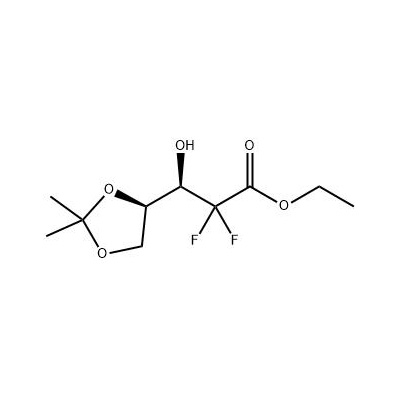Understanding Pharmaceutical Intermediates: The Backbone of Drug Manufacturing
2025-06-04
In the complex world of drug development and manufacturing, pharmaceutical intermediates play a crucial but often overlooked role. These vital chemical compounds serve as the building blocks that lead to the production of active pharmaceutical ingredients (APIs), ultimately transforming into life-saving medications.

What Are Pharmaceutical Intermediates?
Pharmaceutical intermediates are chemical substances produced during the multi-step synthesis of APIs. Unlike the final drug product, intermediates are not intended for direct therapeutic use but are essential components in the manufacturing chain. They bridge raw materials and the finished API through carefully controlled chemical reactions and processing steps.
Importance of Pharmaceutical Intermediates
1. Foundation for Drug Synthesis
Intermediates are essential for constructing complex molecular structures. They enable manufacturers to design drugs with specific therapeutic properties by facilitating precise chemical transformations.
2. Quality and Consistency
High-quality intermediates ensure the purity, efficacy, and safety of the final drug products. Any impurity or inconsistency at this stage can impact the entire production process.
3. Cost Efficiency
Optimized production of intermediates can reduce manufacturing time and costs, making medicines more affordable and accessible.
4. Innovation in Drug Development
Pharmaceutical intermediates support the development of new drug formulations by enabling flexible and scalable synthetic routes.
Types of Pharmaceutical Intermediates
Simple Intermediates: Basic chemical compounds used in initial synthesis steps.
Complex Intermediates: More structurally advanced molecules closer to the API.
Chiral Intermediates: Compounds with specific 3D configurations essential for drug activity.
Specialty Intermediates: Customized molecules for niche pharmaceutical applications.
Challenges in Pharmaceutical Intermediate Production
Regulatory Compliance
Intermediates must meet stringent regulatory standards to ensure they are suitable for use in drug manufacturing.
Process Optimization
Achieving high yield and purity while minimizing waste requires advanced chemical engineering and process control.
Supply Chain Security
Reliable sourcing of raw materials and intermediates is vital to prevent production disruptions.
The Future of Pharmaceutical Intermediates
The pharmaceutical industry continues to evolve with advances in green chemistry, continuous manufacturing, and biocatalysis. These innovations aim to make intermediate production more sustainable, efficient, and safer. Additionally, emerging technologies such as AI-driven synthesis design promise to accelerate the discovery of novel intermediates, paving the way for next-generation medicines.
Conclusion
Though often behind the scenes, pharmaceutical intermediates are indispensable to the drug manufacturing ecosystem. Their quality and availability directly influence the safety, effectiveness, and accessibility of pharmaceuticals worldwide. As the demand for innovative medicines grows, the role of intermediates will only become more vital in delivering healthcare solutions that improve lives.


